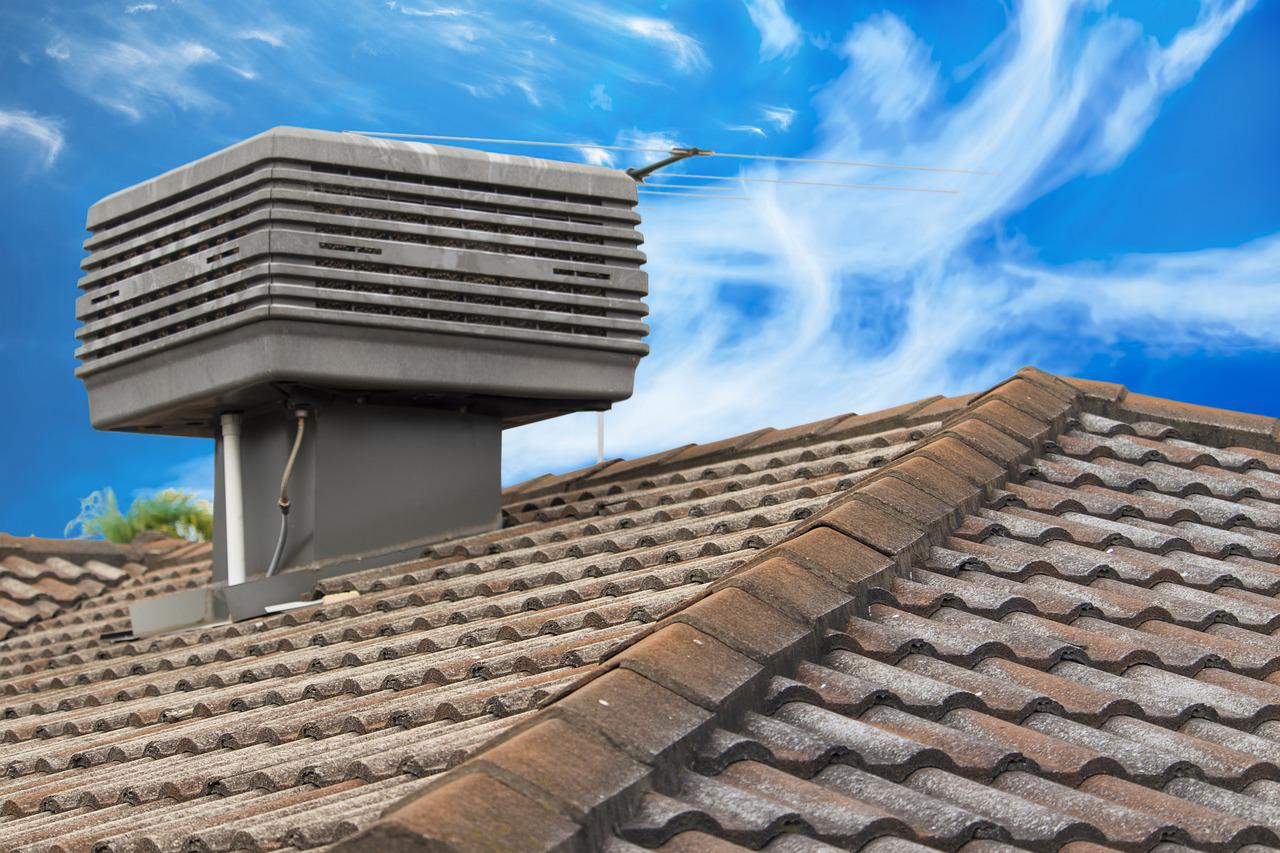Understanding an air filter’s MERV ratings
An HVAC filter is an important home component and is part of your HVAC system. This part is designed to remove air contaminants. You should remember that you need to replace these air filters regularly, especially if your heating and cooling system is old or you have taken a while before replacing the filter.
It’s worth mentioning that you can find various types of HVAC air filters on the market. This is the reason why you need to know more about them so that you can make the right air filter for home. Besides, you should also know the MERV rating of your air filter before you decide to purchase one. This post discusses an air filter’s MERV ratings.
A MERV rating
A minimum efficiency reporting value (MERV rating) can measure how effectively an air filter can trap dust, dirt, and other contaminants that pass through the air filter before getting into the air stream. Ideally, an air filter that has a higher MERV rating can capture small particles better than the one with a lower MERV rating.
In most cases, an air filter that has a MERV rating of 16 or below is regarded as an HVAC-system-grade filter for commercial, residential, and hospital use. On the other hand, an air filter that has an MERV rating of 17 to 20 is often utilized in clean rooms, surgical operating rooms, and other rooms that need total cleanliness.
Remember that sometimes choosing the right air filter for your heating and cooling system doesn’t mean that a higher rating is the best. Unfortunately, utilizing an air filter that has a higher MERV rating than suitable for your air conditioner or furnace can impair its performance. That said, here are the MERV ratings for some of the air filters:
Pleated media filters
This type of an air filter tends to have a MERV rating that is between 5 and 13. This means that the air filter can capture pet dander and mold spores. The pleats can increase the surface area for the air filter and enhance its efficiency. You should note that it has low air filtration efficiency, but it can still reduce fan noise and offer less airflow resistance.
Electrostatic filters
An electrostatic air filter is better when it comes to filtering allergens than pleated filters. This air filter utilizes paper fibers and small cotton to produce static charges when in use. This charge can attract the smallest airborne particles, such as a magnet, so it can prevent them from circulating in your home. You can find these air filters in washable or disposable forms. This is the right air filter if your goal is to remove allergens.
Lastly, you can find a HEPA filter on the market. Most HVAC companies usually recommend these air filters because they can offer the highest protection, especially if you want to remove airborne particles. The air filter can trap small microns, and its MERV rating is between 17 and 20. This means that the air filter can trap bacteria and tobacco smoke.

